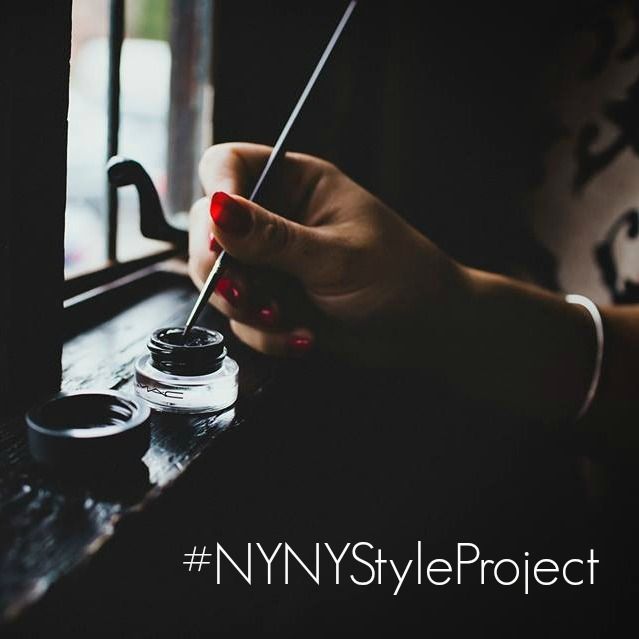Taking your Children to the theatre is a right of passage as far as I’m concerned. As a child I adored the mother/daughter time we would have in the West End, eating together and taking in shows. Ever since I found out I was expecting a daughter those special moments have been something I looked forward to recreating.
Many people believe that taking your children to the theatre is something that’s needs to wait until they are older, nine or ten maybe, however I think this is wrong. The younger (within reason) they start the more accustomed to the situation they become.
Last week we were invited to see Charlie And The Chocolate Factory at Theatre Royal with Ruth and her little girl. This was to be Scarlett’s, aged 4 and 3/4, first ‘real’ theatre experience. We have been to many shows aimed at her age range, through which she sat still and enjoyed every moment, but this was the test to see if she could cut it with the big boys. She passed with flying colours.
The show was amazing. From the opening VT on Cacao beans to the dreamy chords of ’Pure Imagination’, Scarlett, and myself, were transfixed. This was like living out my childhood through the eyes of my own child, it was the most wonderful feeling. One that I hope to repeat time and time again. Imagine how amazing it will be when O is old enough to join us to.
Most theaters have the recommended age for their shows published on their websites, usually six or seven, however it is up to your discretion if you wish to take younger children. Most do not allow under 3′s at any time, but from 4 upwards its kind of down to the parents to decide if they think their child is ready.
Taking Your Children To The Theatre
When you do decide its the right time to start taking your children to the theatre then here a few top tips.
Before you go, discuss what a theatre is, what it looks like inside and what the show will be about. Do not be afraid of discussing some of the plot or story line with the children in advance to help familiarise them with what they are about to see.
Explain the behavioural exceptions within a theatre and discuss with them why they think they are in place ( e.g. how your behavior can affect other people’s enjoyment of the performance, and the actors’ ability to carry out their job).
You may even want create you own set of guidelines for the show. There are no rules set in stone for how to behave in a theatre. Laughing at almost any time in a pantomime would be strongly encouraged, but laughing at inappropriate moments may be very off-putting to the actors and disruptive in another, more formal, play. What is and isn’t appropriate is something you will have to decide with your own family.
Here are some guidelines though that you might want to use as a starting point:
- I will give the performers my full attention and respect
- I will be quiet during the performance so as not to be a distraction
- I will turn off my mobile phone or other electronic device
Following your visit, ask your children about the show. What did they like, what did they learn, were there any parts they did not enjoy so much. Avoid making these discussions feel too much like a test by asking opened ended questions, and make sure they understand that theatre is a personal thing so it is OK if they have a different answers to you or their siblings.
I was surprised by the insights Scarlett had after seeing her first real show. Even at her tender young age she is a very perceptive little lady and I am extremely grateful to be able to give her these experiences.
Little ones have a great knack of surprising us on a regular basis don’t they? By taking your children to the theatre at any age you are giving them a great chance to surprise you some more.












